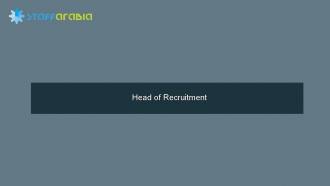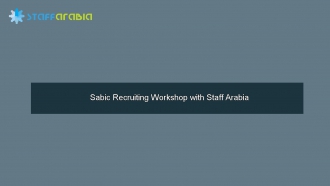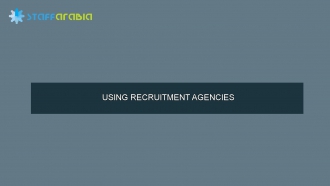To ensure the success of a business operating in a foreign country, it is crucial to comply with the local labor laws and regulations pertaining to employee protections. Neglecting to abide by these regulations can lead to penalties, fines, and legal complications, which can impede business operations and productivity for companies that are looking to expand globally.
In this article, we will highlight the essential factors that every company should consider develop global compliance protocols in any country.
Classify Your Workers Correctly
Companies often use contractors to expand quickly, creating a need for classification compliance. Properly classifying contractors requires declaring the nature of the contract agreement and avoiding controlling their work methods or schedules. Misclassifying employees as contractors may result in tax penalties and fines.
Understand International Labor Laws
Labor laws exist within each country's legal system to regulate and align business operations with the rights of employees. These laws can differ from country to country, with some offering strong protections for workers and others providing minimal rights. In some countries, at-will employment and wrongful terminations are prohibited and can lead to legal action and costly penalties. Thus, it is crucial to familiarize yourself with local labor laws and ensure that your onboarding, employment, and termination procedures uphold the rights of international employees, given the complex variances in regulations across countries.
Obtain Required Work Visas or Permits
Enabling employees to work from anywhere in the world through a global mobility policy offers various benefits such as talent retention and market expansion opportunities. However, obtaining work visas and permits presents a common challenge for global compliance related to global mobility.
When relocating or transferring employees to international markets, it is crucial for a company to acquire the necessary credentials that allow employees to work in the foreign country. Failure to obtain the required visa or permit may result in fines and immigration penalties for both employers and employees. The most effective way to avoid these issues is to identify the specific type of work visa or permit required by the foreign country and then seek guidance from the local labor agency on how to sponsor the appropriate immigrant or nonimmigrant visas.
Pay Talent Accurately and On-Time
Late payments or incorrect payroll contributions can result in severe penalties, financial losses, and reputational damage in foreign markets. Since most payroll providers based in a company's home country do not offer coverage for international employees, businesses must seek the services of a third-party payroll provider in their foreign markets. By partnering with a global payroll provider, companies can ensure timely and accurate payment to their employees while accounting for employer burdens, such as social contributions, VAT tax, health insurance, social security, retirement plans, paid time off, worker's compensation, and 13th-month pay.
Provide Statutory Benefits and Entitlements
Employees are entitled to receive various statutory benefits such as mandatory paid vacation days, extended sick leave, paid maternity and paternity leave, and etc. Companies expanding their operations globally must ensure that they comply with worker rights and provide equal access to these benefits to all employees.
Avoid Permanent Establishment
One aspect of global compliance that is often overlooked is the concept of permanent establishment in international taxation. This concept stipulates that a business is liable to pay corporate taxes in foreign countries where it operates and generates revenue. Permanent establishment can be triggered by several factors such as having a stable business presence, generating taxable local revenue, and conducting regular business from a fixed office or virtual area like a remote branch.
To minimize the risk of triggering PE status, businesses can either establish secondary business headquarters in foreign markets or partner with an employer of record.
Maintain Global Compliance with a Partner
To ensure compliance while hiring foreign talent, many businesses opt to collaborate with a reliable global workforce partner as an Employer of Record. EOR solution provides businesses with a fast and affordable way to recruit international talent without the need for entity establishment. We handle various aspects of the hiring process, including onboarding, payroll, benefits administration, contractor conversion, employee relocation requirements, and HR support, while ensuring full compliance with international labor and tax laws.
In conclusion, global compliance is vital when expanding a business into foreign markets. Complying with local labor laws and regulations, classifying workers correctly, understanding international labor laws, obtaining the necessary work visas or permits, paying talent accurately and on-time, providing statutory benefits and entitlements, avoiding permanent establishment, and partnering with a global workforce partner are all crucial factors to consider. By taking these measures, businesses can minimize the risk of penalties, fines, and legal complications, ensuring smooth and successful operations in foreign markets while upholding employee rights and compliance with international labor and tax laws.
















